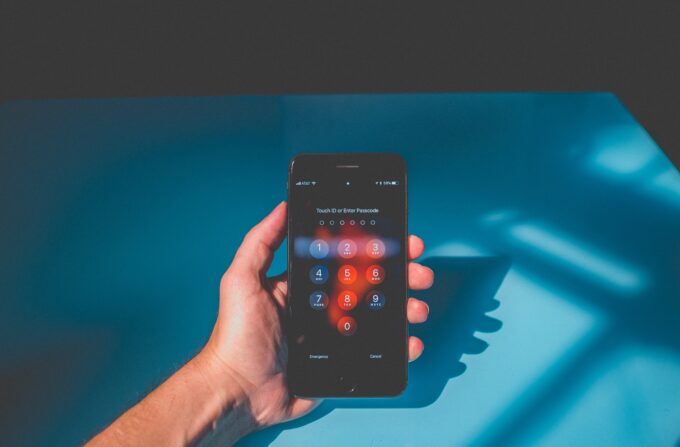OpenText on the occasion of World Password Day
This year, World Password Day is overshadowed by COVID-19, although the Corona virus has drastically increased the importance of cyber security - after all, more people are currently working remotely in the so-called home office than ever before.

Not only since the World Password Day is generally known: This balancing act is currently more important than ever, because cyber criminals in particular have always worked flexibly and regardless of location. They are already exploiting the COVID 19 pandemic for a wide variety of scams and attacks.
The password in focus
Employees have become digital nomads. In most cases, professional and private activities are carried out using a single device - whether checking bank accounts, reading emails from the boss or operating the company's systems and databases. And no matter whether with or without additional backups: In terms of security and identification - for both private and company data - the good old password is still at the forefront.
Bring your Own Device
This frontier is not entirely new: 'Bring your Own Device' has been a major trend for over a decade. But the Corona pandemic has made it even more pronounced. Employees are relying on their own devices for home office work more than ever before. In many cases, they simply don't have any other alternatives at hand. In recent weeks, many companies and organizations have been rushing out emergency home workstations, often with considerable installation and time investment on the part of the employees.
No more password?
Complicating matters further, the traditional password has been augmented over the years with a layered approach to security. VPN access and two-factor codes via token or SMS are increasingly used to secure devices and services. There is already talk of doing away with the password altogether in the future: Biometric methods such as fingerprints, voice and facial recognition enable "zero sign-on" access to mobile devices.
From the point of view of the individual employee, on the other hand, absolute security is less important. Above all, the security features for home use should not require a great deal of attention and should not cost valuable time. Especially during the crisis, the workload increases for many - not to mention the fact that parents still have to look after their children or help with schoolwork "on the side".
Solutions in demand
The little helpers should therefore do their work as unnoticed as possible. If they don't work completely smoothly, they cause stress and frustration in everyday work. It's a nightmare when access to the home is blocked and the IT specialists then have to wait a long time on the already overloaded hotline.
Companies therefore need to implement robust cyber security policies, practices and solutions right now. The challenge is to secure devices and their valuable corporate data and access, while enabling all users to work flexibly, conveniently, quickly and easily from home. (Source: OpenText)









